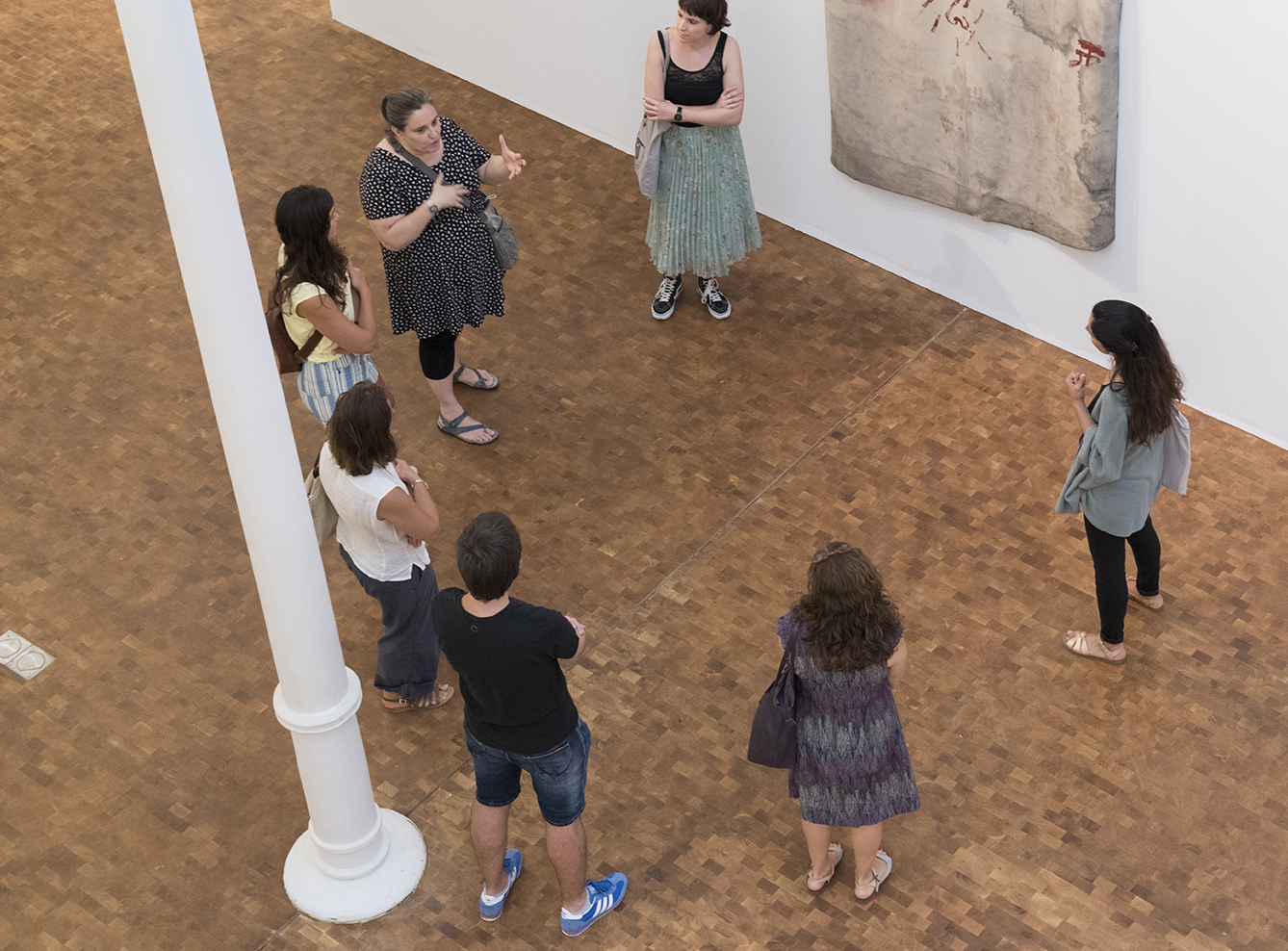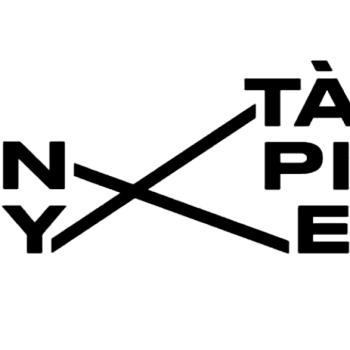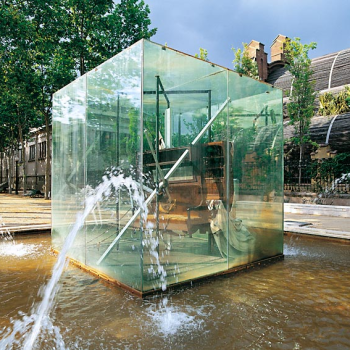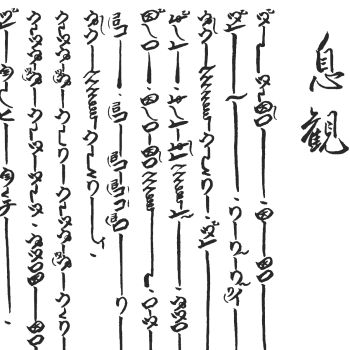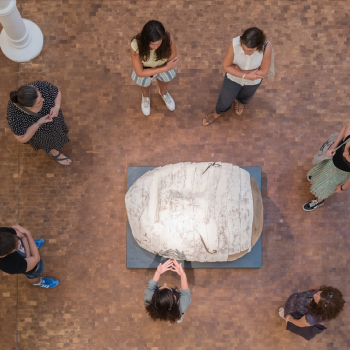This year the Fundació Antoni Tàpies commemorates the thirtieth anniversary of the opening of its site. Anniversaries are often a reason to celebrate and to this end we have organised various activities and actions for all audiences; but they are also good opportunities to take stock, analyse the Museum’s trajectory from the point of view of the present and project it towards an uncertain and changing future. In fact, we are already living in unstable times. Over the last few months, we have had to adapt to a new situation that is conditioning the way we relate to people, spaces and objects. In addition, the Covid-19 crisis has highlighted, as Marina Garcés states, ‘the inequality and social violence on which our new normal is based’. Therefore now, more than ever, it is necessary to reaffirm the social function of the Museum and the political dimension of educational processes. Our Department of Education and Public Programmes believes that art and education are spaces to question the world around us, to approach the unknown and the unforeseen, to generate knowledge and to foster relationships and links.
Of necessity, scheduling for this new academic year will be subject to changing circumstances. However, we are committed to being here, whenever possible, taking all measures to ensure a safe Museum experience.
With regard to programming aimed at schools, we maintain our dynamic visits, adapting them to current regulations to avoid the risk of infection. These are dynamic participatory visits that take the artworks on display as the starting point for a dialogue about how the experiences of children and young people contribute to their process of subjectivation, to their bodily awareness and to promoting values such as respect and cooperation. In the words of Juana M. Sancho, education should allow students and teachers to ‘find their own meaning, get to know themselves, get to know each other and the world around us, not to exploit it at their convenience, but to respect it and to promote the common good’.
Just as in previous years, we will foster longer-lasting relationships and stronger links between the Museum and schools. This year, we hope to start new long-term collaborative projects, while continuing the work processes started a few months ago with primary and secondary schools. For the first time, and on the occasion of the anniversary of the Fundació, we have scheduled an education seminar in November to share and reflect on one of these projects run together with the A Bao A Qu association, three creators and three educational centres: body word object x Tàpies.
We will continue to offer activities for families with the aim of creating a regular programme that will bring us closer to the work of Antoni Tàpies from various perspectives. As well as exploring the history and particulars of the building that houses the Fundació, the work of the architect Lluís Domènech i Montaner, we have started a project around the old publishing house Montaner y Simón in collaboration with the collective L’Automàtica.
We will continue to offer visits and itineraries that provide different outlooks, readings and meanings on the Fundació’s exhibitions and architectural space. In particular, the series of talks on art conservation, given by Mònica Marull, the Fundació’s restorer; also, the visit to Casa Gomis, known as La Ricarda, initially scheduled for last spring and which explores some of the contents of the exhibition Antoni Tàpies. Theatre; and the cycle Parla, parla, in which visits to the current exhibitions are given from the perspective of the different authors.
As in every academic year, the Friends of the Fundació will be able to participate in exclusive presentations of the exhibitions by their curators, as well as attending many of the activities in our programme free of charge.
In addition to these projects, our website calendar will maintain up-to-date information on visits, courses, concerts and other initiatives based on the idea that, in a plural society, the public becomes actor and creator of meanings.

